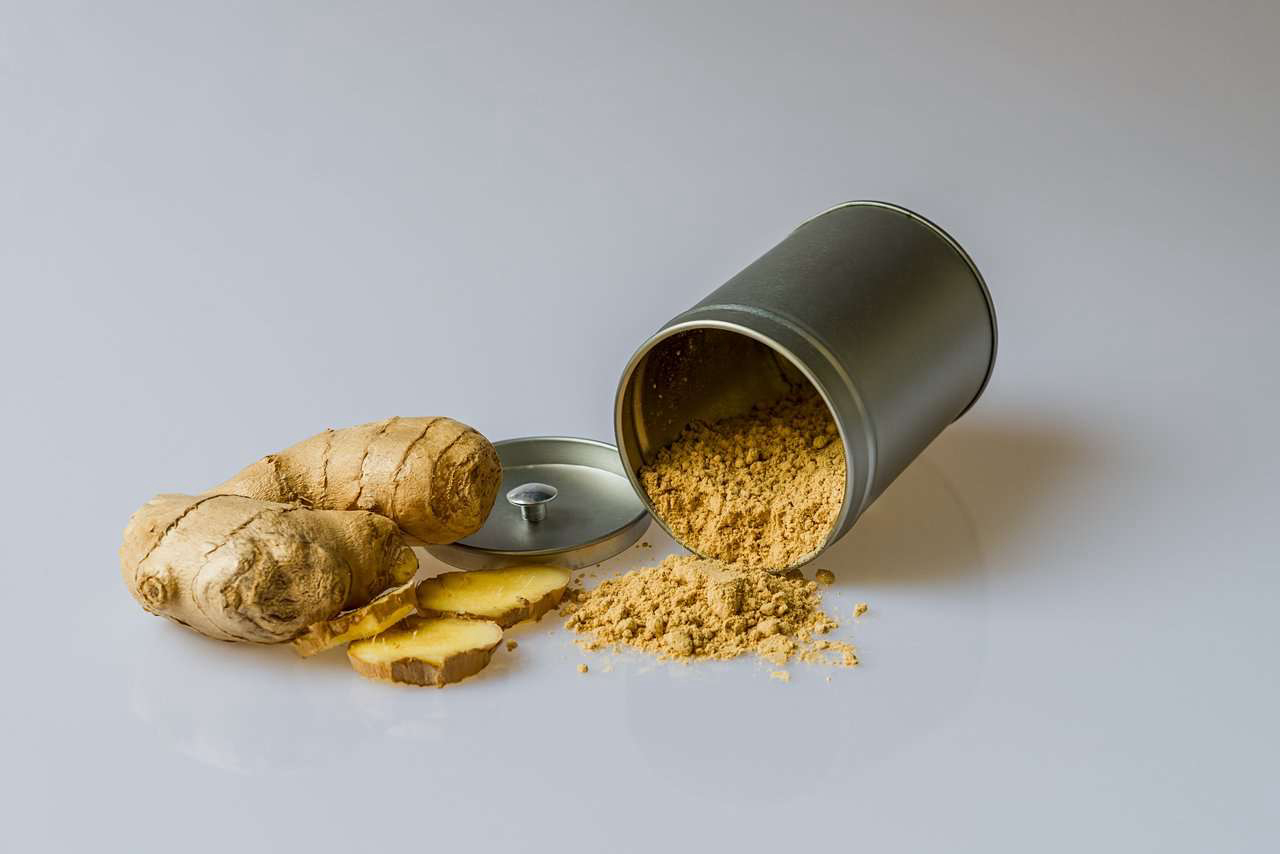
We always hear our parents and grandparents recommending a cup of ginger tea over any problem related to cold, nausea, flu, stomach pain, and so on. And they may not be completely incorrect in expressing such decisive belief on the usefulness of ginger. It is a perennial herb native to India and China, known as Zingiber Officinale. Ginger is often referred to as a root, but it is an underground stem. It belongs to the Zingiberaceae family, and it can be used fresh, dried, powdered, or as a juice or oil.
Ginger is packed with multiple healing properties and benefits, and Indians have used ginger in their regular diets for about 4000 years. Ayurveda explains that ginger is one of the most significant herbs in the ancient medicinal practices because it has analgesic, sedative, antibacterial, antipyretic, and antioxidant components, but these are not the only purposes of ginger. Here are some health benefits of ginger that can help you to maintain a healthy diet.
1. Ginger contains gingerol, which helps in digestion and fights with common flu, cold, and oxidative stress:
Ginger has a history of practice in traditional forms of medicines and several culinary practices. It is utilized to support digestion, and fight with common cold and flu because it contains gingerol. Gingerol is the major bioactive compound of ginger, and it is mainly responsible for ginger's various medicinal properties. It holds powerful anti-inflammatory and antioxidant effect, and it can also help to reduce oxidative stress, which is the result of having an excess amount of available radicals in the body.
2. Ginger can deal with several kinds of nausea, and particularly morning sickness:
Ginger is highly effective against nausea. It can also help relieve nausea for people undergoing certain kinds of surgery. In some cases, it similarly helps to prevent vomiting. A little amount of ginger, around 1.5 grams can help prevent several kinds of nausea, including chemotherapy-related nausea, surgery-related nausea, and morning sickness. It is also effective for women when it comes to pregnancy-related nausea, but doctor's recommendations are more important in such integral cases.
3. Ginger may help to fight infections and especially oral bacteria:
Gingerol is the bioactive compound of ginger and it can lower the risk of infections. Gingerol has antipyretic and antibacterial components, which helps to fight various types of bacteria and infections in the body. Particularly, the oral bacteria linked to inflammatory diseases in the gums, such as gingivitis and periodontitis can be protected and cleaned by utilizing ginger.

4. Ginger may help with weight loss:
Ginger may also play a key role in weight loss. Several studies have suggested that ginger has reduced body weight, the waist-hip ratio, and the hip ratio in people with obesity. It also helps to reduce the Body Mass Index (BMI) and blood insulin levels. Ginger's ability to support weight loss perhaps relates to certain mechanisms, such as its proficiency to enhance the burned calories or decrease inflammation. Thus, ginger can be considered as a food item to include in a weight loss diet.
5. Ginger may have some anti-diabetic properties:
This new research indicates that ginger can drastically lower blood sugar levels, and it can also eliminate some heart disease risk factors. For type 2 diabetes, 2 grams of ginger powder per day can lower the fasting blood sugar by 12%. It can also improve hemoglobin, and long-term blood sugar (HbA1c) levels can be reduced by 10% over 12 weeks. Ginger can similarly reduce major risk factors for heart diseases. However, diabetes and heart diseases can function differently for different individuals, and thus, it is more significant to recommend doctors before making any changes in the diet.

6. Ginger can help treat Chronic Indigestion:
Chronic indigestion is characterized by recurrent pain and discomfort in the upper part of the stomach. Ginger assists to speed up the emptying of the stomach. In some therapies, the people who are suffering from functional dyspepsia, which is indigestion with no known cause, are given ginger capsules to recover from it. Thus, ginger is incredibly helpful to cure chronic indigestion and functional dyspepsia.
7. Ginger can help with Osteoarthritis (OA):
Osteoarthritis is a very common health issue nowadays. This health issue involves the degradation of the joints in the body, which leads to symptoms such as stiffness and joint pain. Some researchers have recommended ginger as a pain-relief element to use in Osteoarthritis. These studies suggested around 500 milligrams to 1 gram of ginger each day for around 3 to 12 weeks. The combination of ginger, mastic, cinnamon, and sesame oil can also help to reduce the stiffness and pain in people with OA of the knee.
___________________________________________________________________
Reference:
(www.everydayhealth.com / www.healthline.com / www.medicalnewstoday.com)
